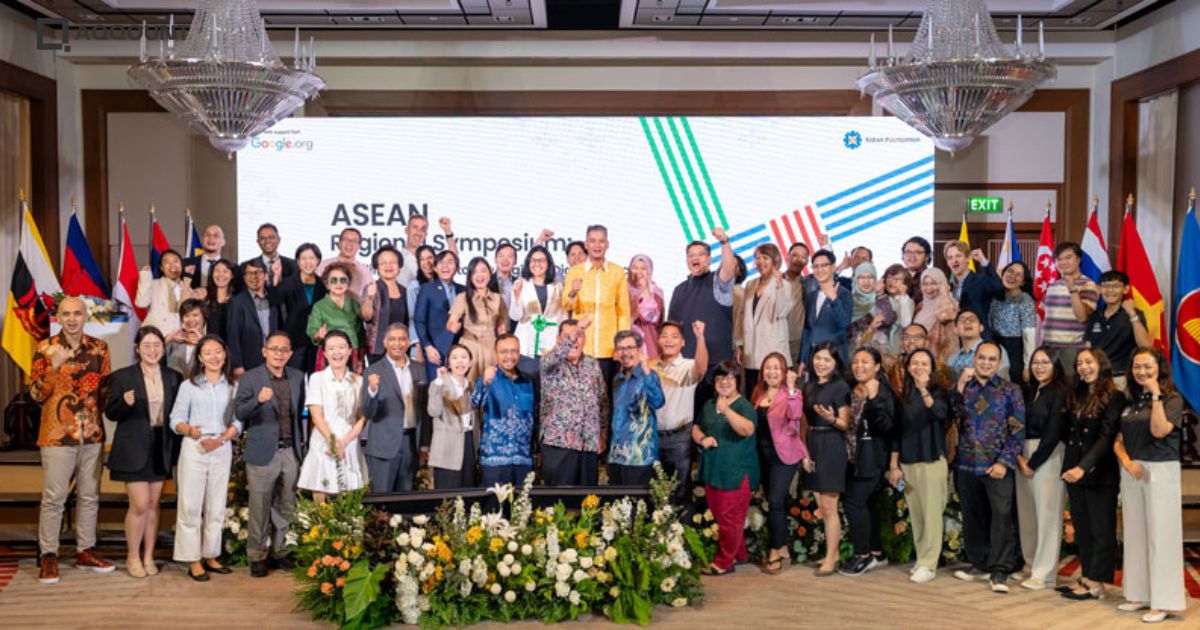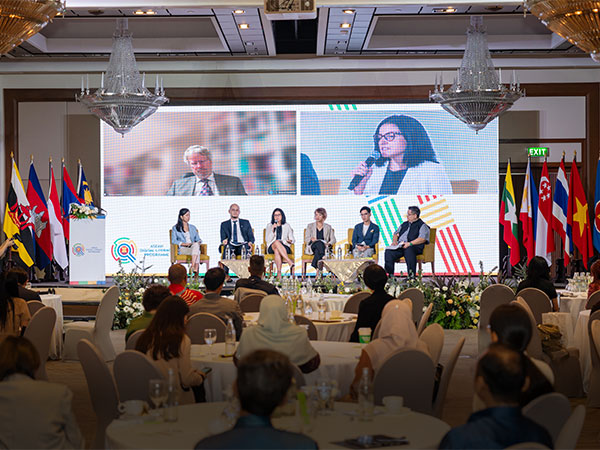
The ASEAN Foundation, with support from Google.org, unveiled research findings on digital literacy at the ASEAN Regional Symposium: Unveiling Insights into the Region’s Digital Literacy, held on March 20, 2024, in Bangkok.
 |
| The vehicles presented by the Vietnamese Ministry of Public Security to the Lao Ministry of Public Security in Vientiane on March 18. –Photo VNA/VNS |
Titled “One Divide or Many Divides? Underprivileged ASEAN Communities’ Meaningful Digital Literacy and Response to Disinformation”, the study delves into the digital engagement of underprivileged ASEAN communities.
It examines their knowledge, skills, experiences, and responses to disinformation with the aim of establishing a baseline understanding of digital literacy’s role in recognising and responding to disinformation within these communities.
This research is one of the flagship programmes of the ASEAN Digital Literacy Programme, following the successful empowerment of over 190,000 individuals across ASEAN with essential digital literacy skills.
The Programme has also launched an e-learning platform addressing misinformation, www.DigitalClassASEAN.org.
Executive Director of the ASEAN Foundation, Dr Piti Srisangnam, said “This research covered quantitative survey and qualitative data collection from all 10 ASEAN member states.”
“We hope this research will help bridge the digital divide in the ASEAN region and create a more inclusive and safer digital space.”
According to the report, levels of critical thinking and privacy protection competence vary widely across ASEAN member states.
Notably, Thailand exhibits the lowest percentage of individuals with high critical thinking skills, at 25 percent, contrasting with neighbouring Cambodia’s impressive 62.2 percent.
The Philippines is behind in privacy protection competence, with only 17.42 percent of individuals possessing high competence, while Singapore excels with 54.37 percent.
According to the report, Laos has made progress in digital adoption, but there remains a significant digital divide, particularly between urban and rural areas.
In addition, the average internet speed is modest and lags behind the ASEAN average, which suggests that the infrastructure is not fully meeting the growing demand for digital connectivity.
The use of social media and instant messaging platforms like WhatsApp is prevalent for sharing information, but there is a notable percentage of the population that lacks the skills to perform basic digital tasks, such as sending emails or engaging with e-services.
The document also highlights the impact of disinformation on underprivileged communities, who are more susceptible to misinformation due to limited access to diverse information sources and lower levels of education.
In conclusion, the key finding from Laos is that despite advancements in digital technology adoption, there is a need for continued efforts to bridge the digital divide, enhance digital literacy, and develop effective strategies to combat disinformation, particularly among disadvantaged and rural communities.
As Lead for Google.org APAC, Marija Ralic said “We are proud to support the ASEAN Foundation in empowering people across the region with crucial media literacy and online safety skills. Google.org’s dedication to fostering digital safety aligns perfectly with the ASEAN Foundation’s mission to empower ASEAN communities through digital literacy which will contribute to a digitally resilient ASEAN.”
Previously, Google.org supported the ASEAN Foundation with a US$1.5 million grant to aid the implementation of the ASEAN Digital Literacy Programme from 2022 to 2024.
Source: VientianeTimes
